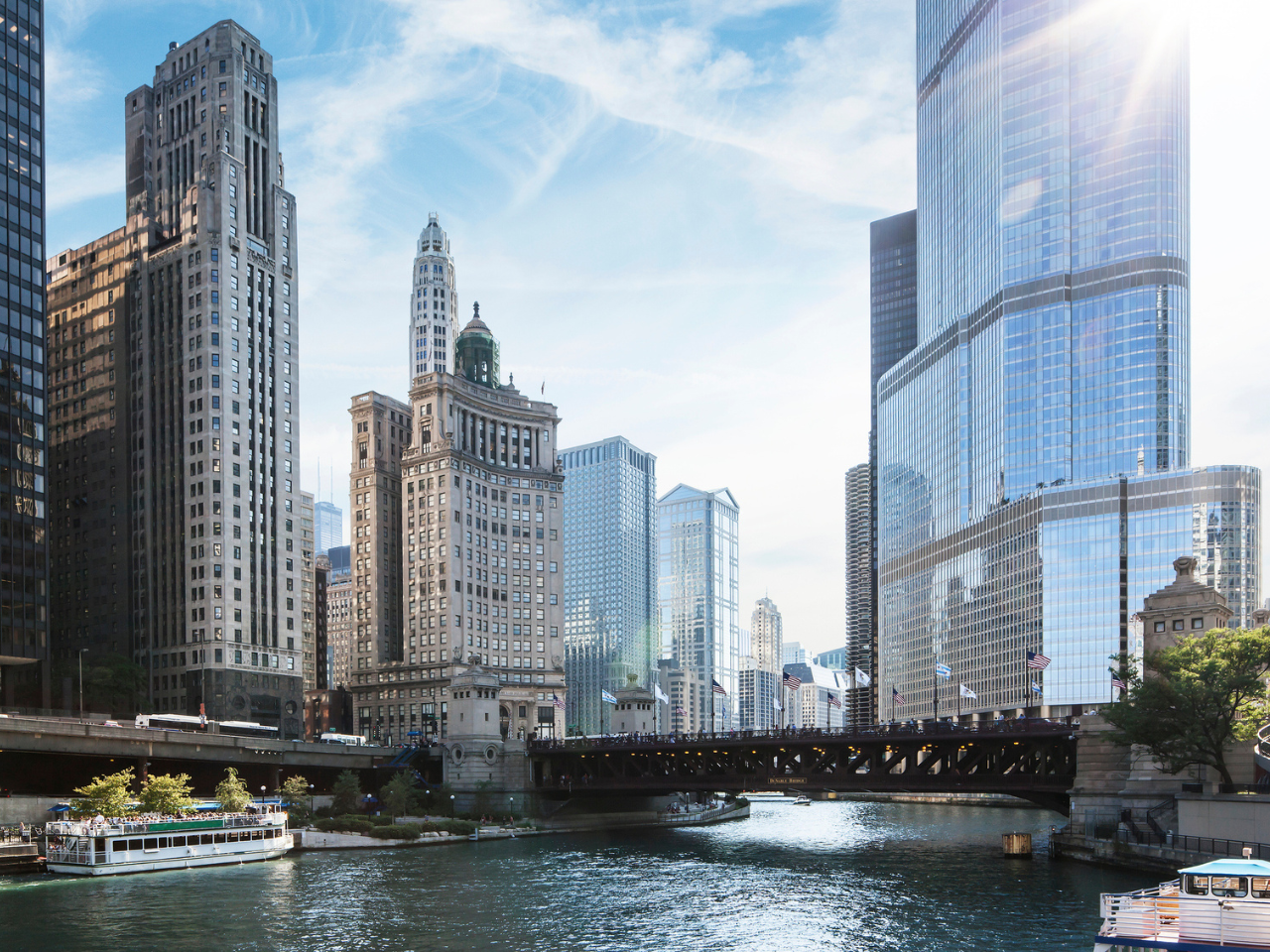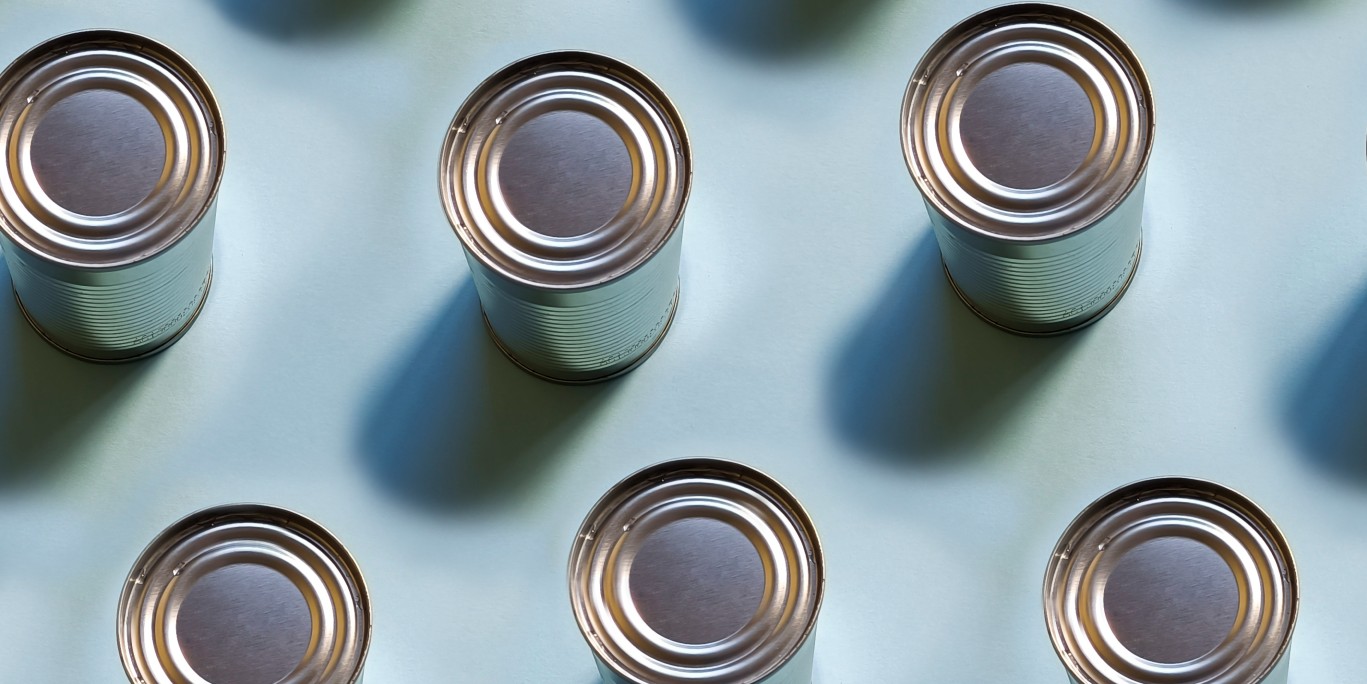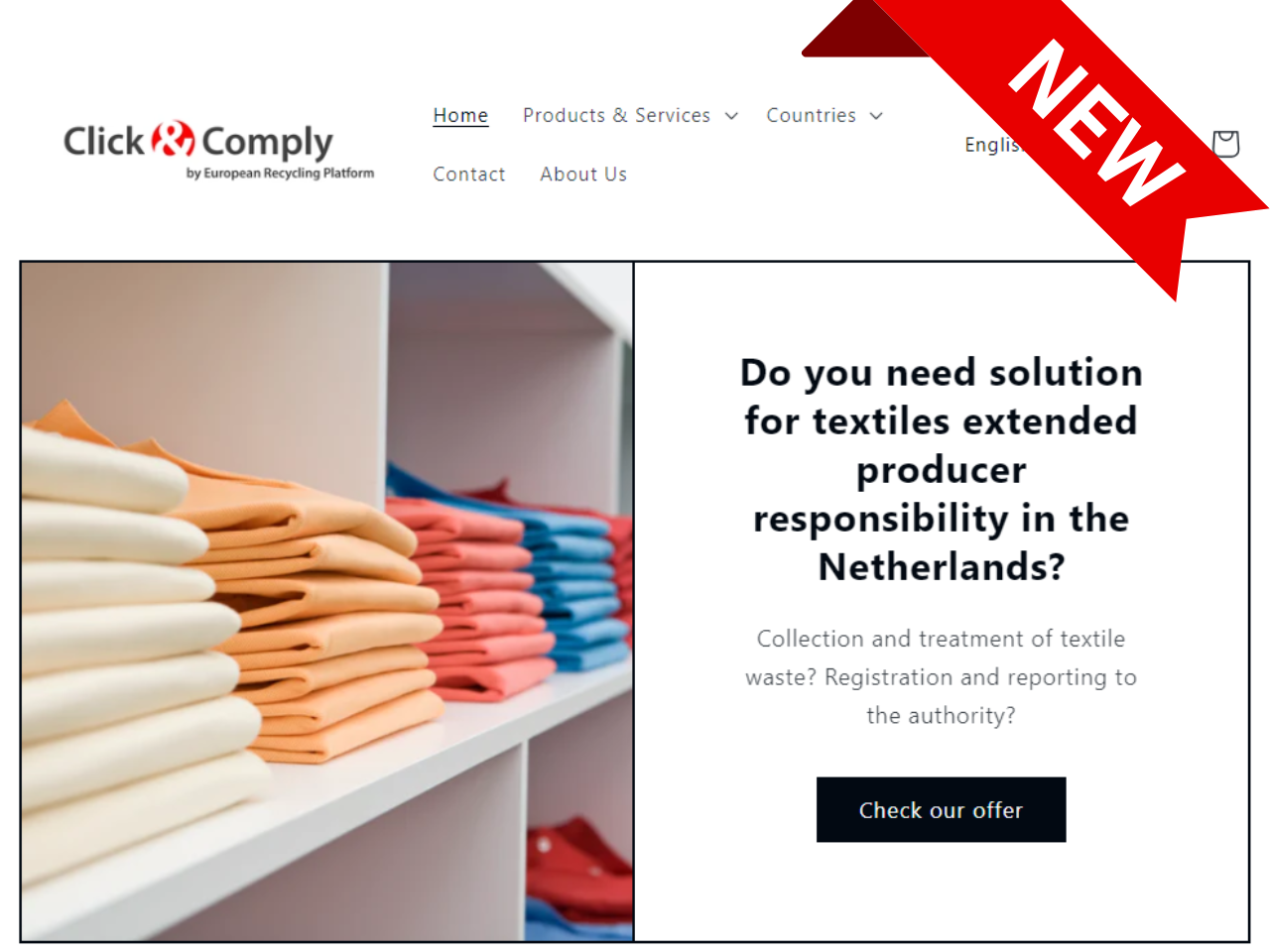What are the new amendments introduced in three states?
Colorado:
Following Maine and Oregon, which introduced extended producer responsibility (EPR) legislation for packaging last year, Colorado recently became the third state to pass this type of law in the US.
Colorado Governor Jared Polis signed House Bill 22-1355 Producer Responsibility Program for Recycling into law on 3rd June 2022.
The Bill mandates that producers of ‘covered materials’ – which include packaging materials and paper products – shall establish a non-profit organisation to be approved by the executive director of the Colorado Department of Public Health and Environment on or before 1st June 2023.
This organisation will be responsible for establishing and implementing a state-wide programme, providing collection and recycling services to residents, public places, small businesses, schools, hospitality locations, and state and local government buildings. The programme will be financed by the dues paid by the participating producers.
On 1st January 2025, and each 1st January thereafter, producers may submit to the advisory board an individual programme plan proposal as an alternative to participating in the above-mentioned programme. If they intend to do so, they must notify the department by 1st January 2024, and by each 1st January thereafter.
From 1st July 2025, producers may not sell or distribute any products that use covered materials in the state unless they are participating in the programme.
Connecticut:
Connecticut is one of 10 states in the United States that have enforced ‘bottle bills’.
Bottle bills – also known as container redemption programs or deposit return schemes – create a sustainable method of collecting beverage bottles and cans for recycling by offering a financial incentive to return the used container for recycling.
The Act Concerning Solid Waste Management, which was approved in June 2021, increased the handling fee for containers (effective 1st October 2021) and expanded the types of containers covered under the bottle bill. The expanded list of eligible beverage containers will allow Connecticut to accept more types of containers in its bottle return system starting in 2023.
A new aspect of the law is that it requires liquor wholesalers to include a five-cent surcharge on miniature alcohol bottles to retailers. Unlike other drink containers, like bottled water or beer, the surcharge on miniature alcohol bottles is not returned directly back to the consumer in the form of a bottle deposit. Instead, municipalities shall utilise the funds generated by this surcharge to enact environmental measures intended to reduce the generation of solid waste in their municipality or reduce the impact of litter caused by such solid waste.
The Act also doubles the refund value from 5 to 10 cents, starting from January 2024, and provides for other requirements aimed at making redemption of containers more convenient for consumers. It also allows companies to propose a stewardship system.
Maine:
In May 2022, the State of Maine approved the Act to Promote a Circular Economy through Increased Post-consumer Recycled Plastic Content in Plastic Beverage Containers.
The Act is another example of an effort to promote the circular economy in the United States.
The law requires that, from 1st January 2026, and ending on 31st December 2030, companies may not sell, offer for sale or distribute for sale in the State a plastic beverage container unless it contains – on average and in the aggregate – at least 25% post-consumer recycled plastic. From 1st January 2031, this target will rise to 30%.
On or before 1st April 2024, and annually thereafter, companies shall submit a report to the department identifying by resin type when applicable:
- the amount by weight in pounds of post-consumer recycled plastic
- the amount by weight in pounds of plastic that is not post-consumer recycled plastic, and
- the percentage of post-consumer recycled plastic in the total weight of all plastic beverage containers that they have placed on the market in the State in the prior calendar year
Colorado, Connecticut and Maine are three of the states covered by Landbell Group’s regulatory tracking service. Find out more about the service here.
Sign up for our monthly
report COMPASS here:
Your email












